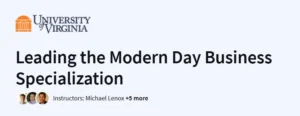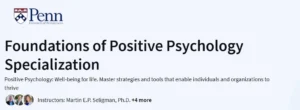What will you in Food & Beverage Management Course
Understand the dynamics between products and markets in the F&B sector.
Explore the balance between tradition and innovation in culinary experiences.
Analyze the implications of operating in local versus global markets.
Examine strategies for small versus large-scale operations.
Gain insights from industry experts through real-world case studies
Program Overview
1. Products vs. Markets
⏱ Duration: ~3 hours
Explore how products generate value for customers.
Understand customer segmentation and targeting.
Learn about positioning and value propositions.
2. Tradition vs. Innovation
⏱ Duration: ~2.5 hours
Discuss the role of tradition in the F&B industry.
Examine how innovation impacts customer experience.
Analyze the value of brands in balancing tradition and innovation.
3. Local vs. Global
⏱ Duration: ~2.5 hours
Understand the benefits and challenges of local and global operations.
Explore distribution networks in international markets.
Learn about adapting value propositions across markets.
4. Small vs. Big
⏱ Duration: ~2.5 hours
Analyze how size influences competitive advantage.
Examine growth strategies for different market sizes.
Understand scalability in the F&B industry.
5. Great Insights from the Field
⏱ Duration: ~2 hours
Gain practical insights from industry professionals.
Study real-world applications of course concepts.
Get certificate
Job Outlook
The F&B industry is a significant contributor to the global economy, offering diverse career opportunities.
Skills acquired are applicable to roles such as Restaurant Manager, F&B Director, Brand Manager, and Entrepreneur.
Understanding market dynamics and strategic management is crucial for success in this sector.
Specification: Food & Beverage Management
|
FAQs
- No prior experience required.
- Covers recruitment, selection, and leadership fundamentals.
- Introduces performance management and appraisal techniques.
- Teaches motivational strategies, including compensation.
- Provides methods for managing workplace conflict constructively.
- Learn different leadership styles and their impact.
- Understand decision-making processes and tools.
- Explore intrinsic and extrinsic motivation strategies.
- Apply expected utility theory to managerial decisions.
- Build confidence in leading diverse teams effectively.
- Identify sources of workplace conflict.
- Apply practical conflict resolution strategies.
- Foster positive organizational culture and teamwork.
- Learn negotiation and mediation techniques.
- Enhance communication and problem-solving skills.
- Applicable across multiple industries.
- Teaches universal people management principles.
- Enhances team leadership, motivation, and communication.
- Provides frameworks for performance evaluation and development.
- Prepares for roles such as Team Leader, HR Manager, or Project Manager.
- Builds leadership and decision-making competence.
- Strengthens performance management and motivational skills.
- Equips for roles like HR Manager, Operations Supervisor, or Team Leader.
- Improves career prospects in various sectors.
- Provides practical skills for long-term professional growth.





